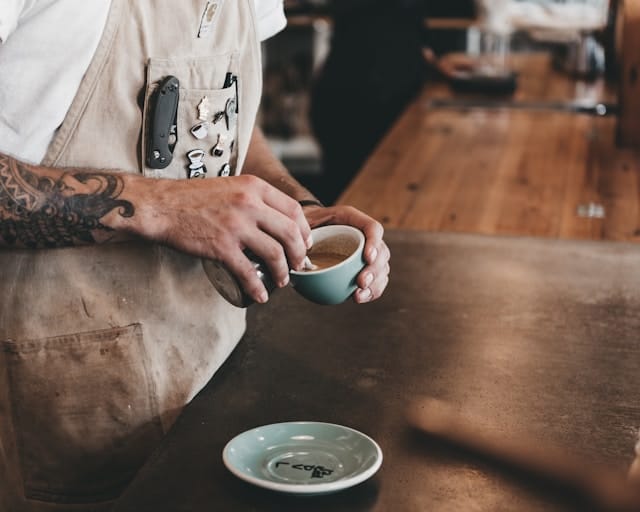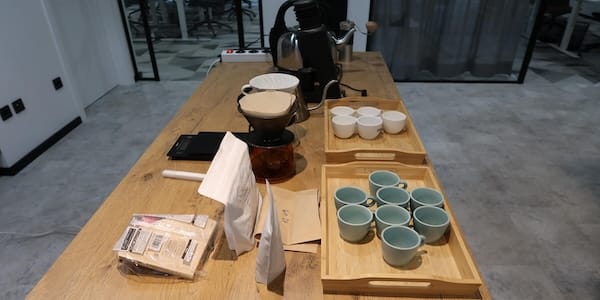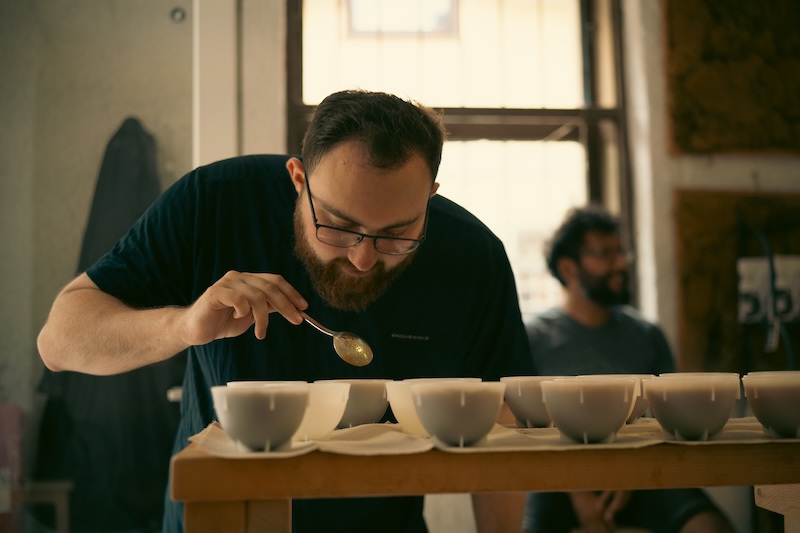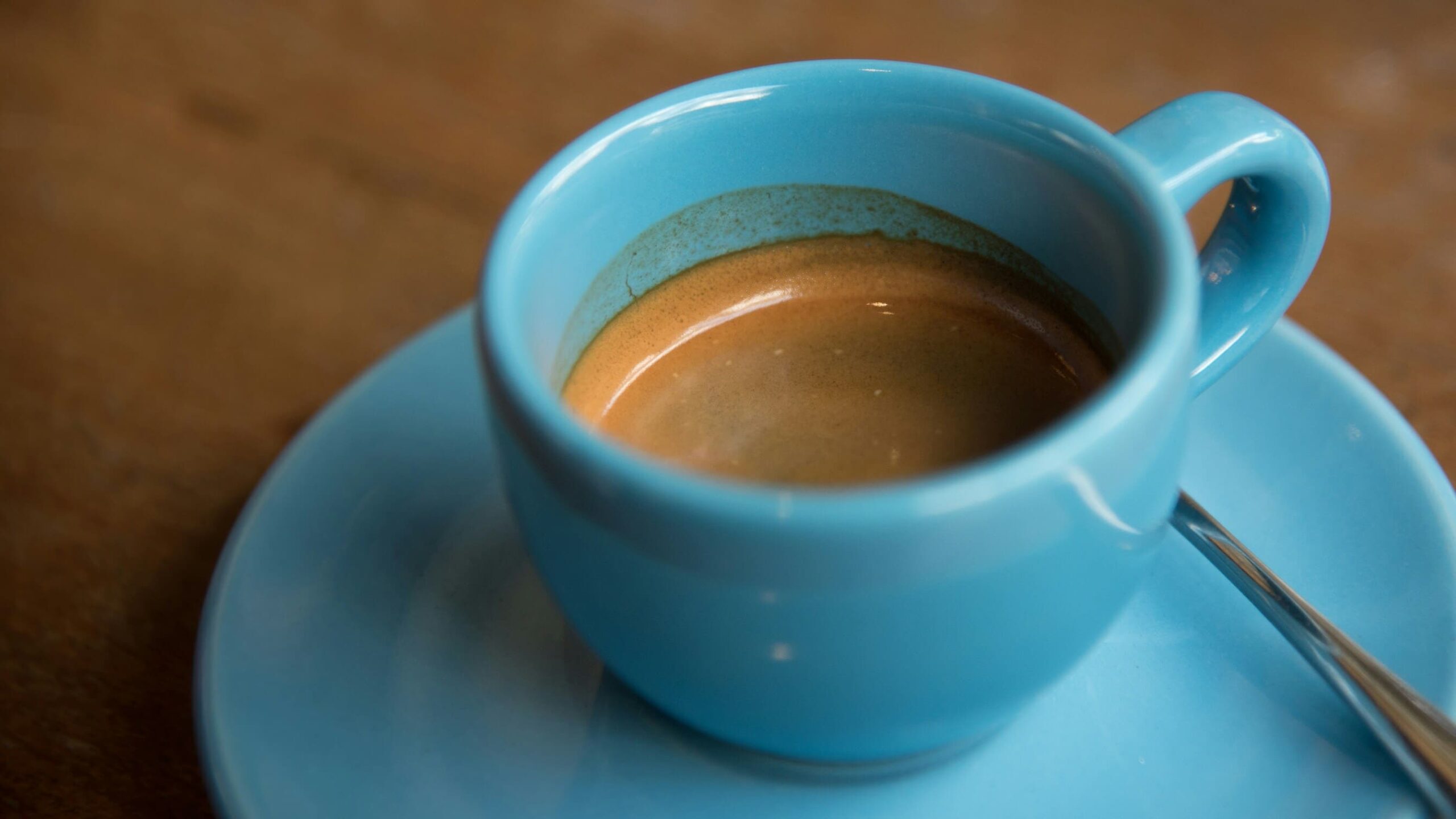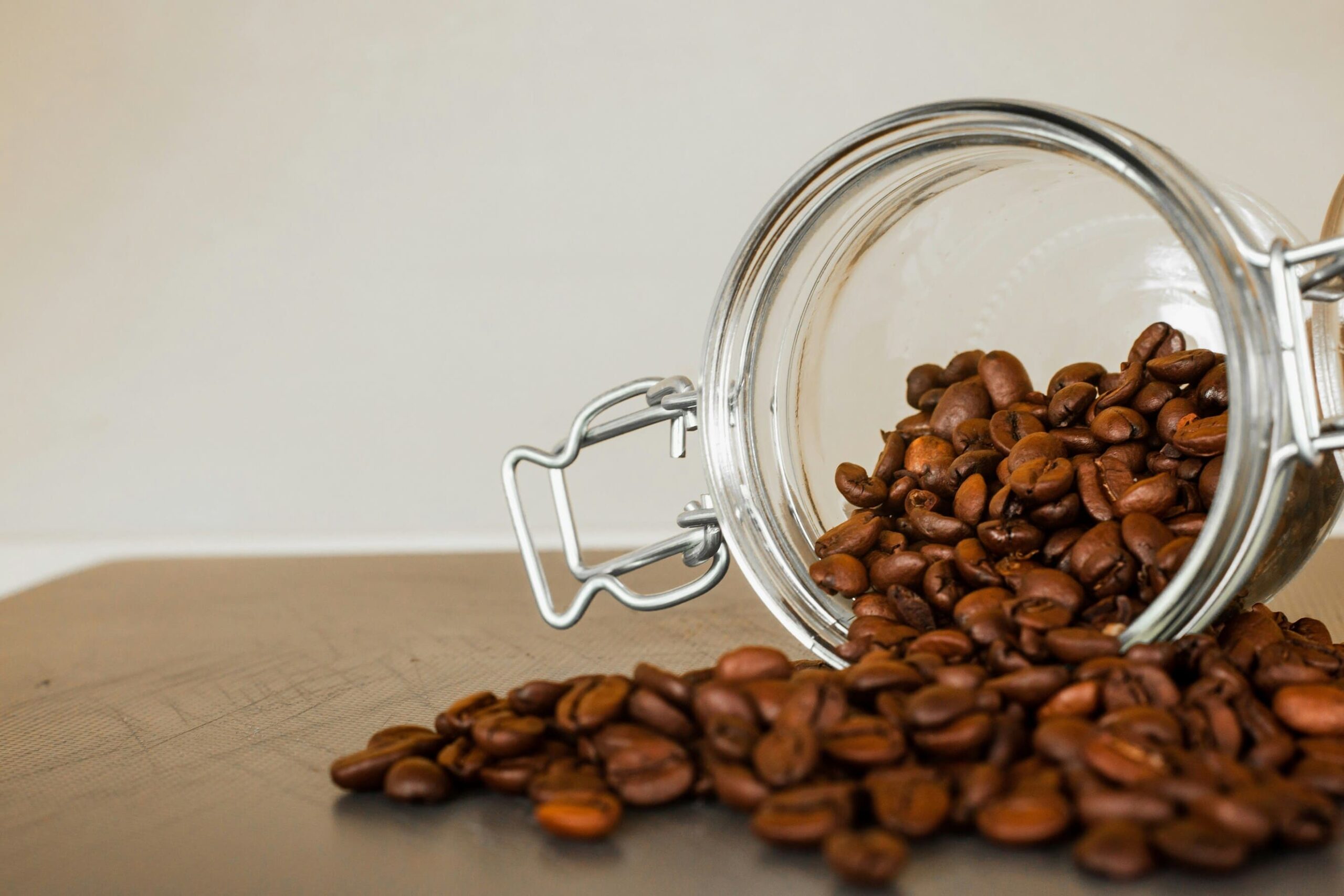ALL POSTS
ALL POSTS
The History of Coffee Prohibition: Attempts to Ban the World’s Beloved Brew
9 min read
Last edit: Jan 9, 2025
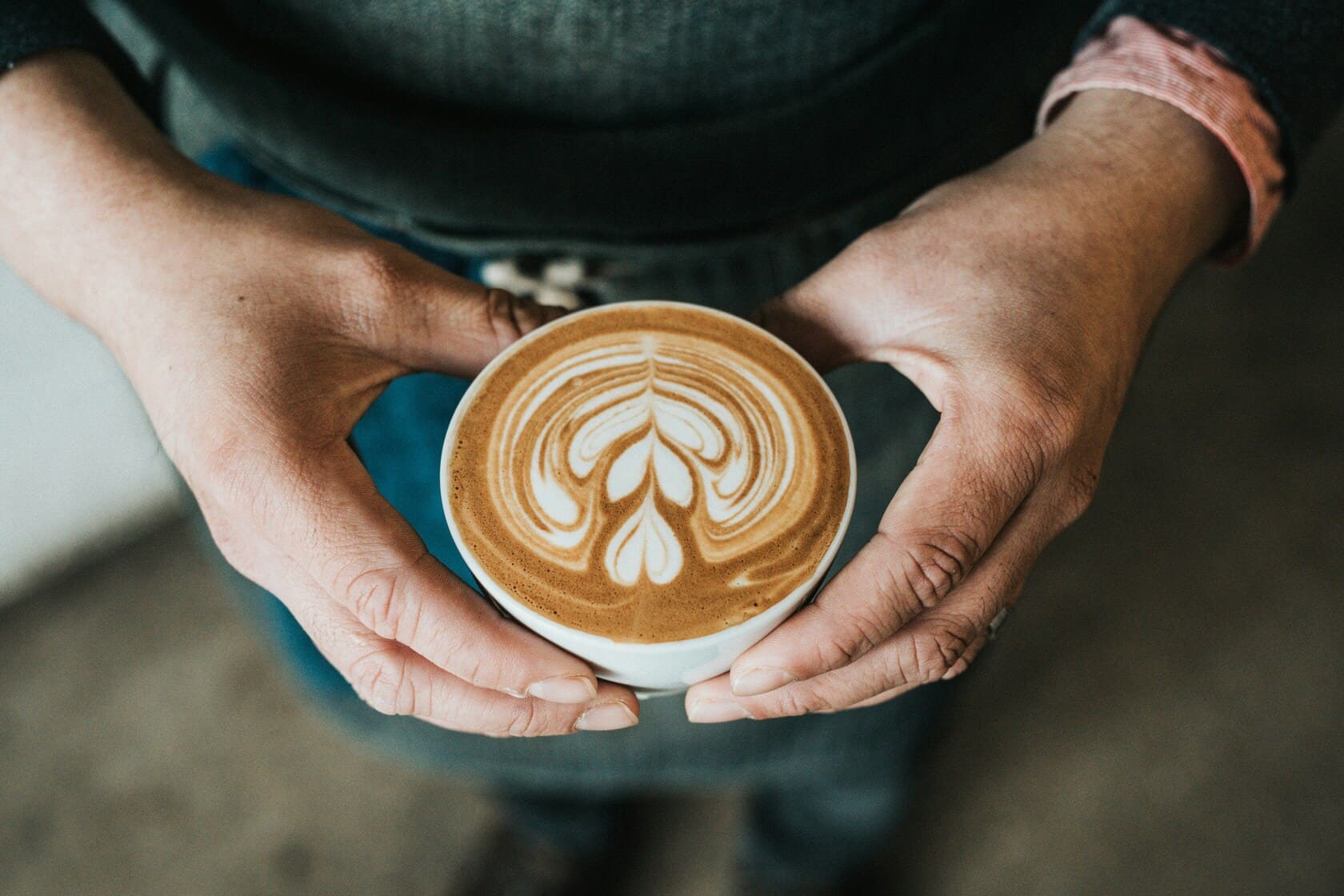
- Brief History of Coffee
- The First Coffee Prohibition: Mecca, 1511
- The Ottoman Empire: Sultan Murad IV War on Coffee
- The Catholic Church: Coffee and the “Devil’s Drink” Debate
- Coffee Prohibition in Sweden: King Gustav III’s Experiment
- Prussia: Frederick the Great and the “Beer Versus Coffee” Campaign
- The Ottoman Empire’s Final Attempt: Sultan Mahmud II
- Why Coffee Prohibitions Failed
- Conclusion
Coffee has been adored by millions for centuries. Its rich aroma and invigorating effects have made it a daily ritual for people of different cultures and religions across the globe. However, this beloved drink has not always been universally accepted. Throughout history, several governments, religious authorities, and cultural groups have attempted to ban coffee, seeing it as a dangerous and subversive influence. Despite these many efforts, coffee has continued to thrive, becoming one of the most widely consumed beverages in the world.
In this article we explore the history of coffee prohibition, examining some attempts to ban it and why each of them ultimately failed.
Brief History of Coffee
Before getting into the attempts to ban coffee, it’s essential to understand its origins.
Coffee is believed to have originated in the region that is now Ethiopia. According to legend, an Ethiopian goat herder named Khaldi discovered coffee some time around the 9th century when he noticed that his goats became particularly energetic after eating the red cherries of a certain tree. Kaldi tried the cherries himself and experienced a similar burst of energy. He shared his discovery with a local monks, who used the cherries to create a drink that helped him stay awake during long hours of prayer.
From Ethiopia, coffee spread to the Arabian Peninsula, where it became an integral part of the culture. By the 15th century, coffee had reached the Yemeni port city of Mocha, from where it was traded to other parts of the Muslim world, including Egypt, Persia, and the Ottoman Empire. Coffeehouses, known as qahveh khaneh, began to emerge in cities like Cairo, Mecca, and Constantinople, becoming social hubs where people gathered to drink coffee, converse, and listen to music.
The First Coffee Prohibition: Mecca, 1511
The first recorded attempt to prohibit coffee occurred in Mecca in 1511. The city was a buzzing center of trade and religious pilgrimage, and coffee had become immensely popular among its inhabitants. However, this popularity also attracted the attention of the religious authorities, who viewed coffeehouses as places of sedition and immoral behavior.
The governor of Mecca at the time, Khair Beg, was particularly concerned about the gatherings in coffeehouses. He believed that these establishments encouraged political discussions that could lead to dissent against the ruling authorities. Moreover, the stimulating effects of coffee were thought to make people more prone to rebellious behavior.
Khair Beg assembled a council of Islamic jurists to examine the legality of coffee.
The council, influenced by Khair Beg’s concerns, declared coffee to be haram (forbidden) and issued an edict banning its consumption. Coffeehouses in Mecca were closed, and coffee drinkers were persecuted.
However, this ban did not last long. News of the prohibition reached Cairo, where the reigning Mamluk sultan was outraged. The sultan, who was a coffee drinker himself, sent a message to Khair Beg, ordering him to lift the ban immediately.
The prohibition was overturned, and Khair Beg was eventually dismissed from his position. This incident marked the first but certainly not the last time that coffee would face opposition from authorities.
The Ottoman Empire: Sultan Murad IV War on Coffee
In the 17th century, coffee faced another significant challenge in the Ottoman Empire under the rule of Sultan Murad IV. The sultan, who reigned from 1623 to 1640, is remembered for his authoritarian rule and his efforts to suppress what he considered to be immoral and socially disruptive behaviors. Among the activities he targeted were the consumption of coffee, tobacco, and alcohol.
Murad IV’s decision to ban coffee was influenced by several factors. Firstly, coffeehouses in Constantinople had become places where people gathered to discuss politics and criticize the government. The sultan feared that these gatherings could lead to unrest and conspiracy against his rule. Secondly, there was a belief among some Islamic scholars that coffee, like alcohol, had intoxicating effects and therefore should be prohibited.
Murad IV imposed a strict ban on coffee, along with tobacco and alcohol. He enforced the ban with extreme measures, ordering that anyone caught consuming coffee should be executed. His soldiers patrolled the streets of Constantinople, searching for violators. Despite these severe measures, the coffee trade continued underground, and coffeehouses operated in secret, usually beyond city walls.
After Murad IV’s death in 1640, the ban was gradually lifted, and coffeehouses reemerged as popular social institutions. The failure of Murad IV’s prohibition efforts highlights the difficulty of enforcing such bans.
The Catholic Church: Coffee and the “Devil’s Drink” Debate
In the early 17th century, as coffee spread to Europe, it encountered resistance from the Catholic Church. Some members of the clergy viewed coffee as a “Muslim drink” and were suspicious of its popularity among Christians. There were even rumors that coffee was a creation of Satan, intended to lead people away from the true faith.
The controversy came to a head in the 1600s when Pope Clement VIII was asked to weigh in on the matter. According to the popular version of the story, the pope was presented with a cup of coffee so that he could judge for himself whether it was a drink of the devil. After tasting the coffee, Clement VIII reportedly declared, “This devil’s drink is so delicious that it would be a pity to let the infidels have exclusive use of it.” With this pronouncement, coffee was effectively “baptized,” and the Church’s opposition to it waned. From that point the stigma of “Devil’s drink” was changed to the less negative “Wine of Islam”.
The Catholic Church’s acceptance of coffee was a significant turning point in its history. By the end of the 17th century, coffee became a popular beverage across Europe, and coffeehouses began to appear in major cities like Venice, Paris, and London. These establishments became centers of social life, attracting people from all walks of life.
Coffee Prohibition in Sweden: King Gustav III’s Experiment
One of the most unusual and less known attempts to prohibit coffee occurred in Sweden in the 18th century under King Gustav III. The king, who ruled from 1771 to 1792, was concerned about the growing popularity of coffee in his kingdom. He believed that coffee consumption was harmful to health and sought to discourage his subject from drinking it.
To prove his point, Gustav III devised an experiment involving two identical twins who had been sentenced to death. The king commuted their sentences on the condition that one twin would drink coffee every day while the other would drink tea. The experiment was supposed to demonstrate the detrimental effects of coffee on the human body.
Despite the king’s expectations, the results of the experiment did not support his views. The twin who drank coffee lived longer than his tea-drinking brother, outliving both the doctors conducting the experiment and King Gustav III himself. The experiment became a popular anecdote in Sweden, illustrating the futility of attempts to prove coffee’s alleged dangers.
In addition to the experiment, Gustav III imposed heavy taxes on coffee and coffee-related equipment in an effort to reduce consumption. However, these measures were largely ineffective, as people continued to drink coffee despite the high costs. Coffee eventually became a staple of Swedish culture, and today, Sweden is one of the world’s top coffee-consuming nations.
Prussia: Frederick the Great and the “Beer Versus Coffee” Campaign
In the late 18th century, coffee faced opposition in Prussia under the rule of Frederick the Great. The king was a strong advocate of beer, which he considered to be a vital part of German culture. He was concerned that the growing popularity of coffee among his subjects would undermine the brewing industry and harm the national economy.
To combat the spread of coffee, Frederick the Great launched a campaign promoting beer as a superior beverage. In a proclamation issued in 1777, he argued that coffee was an inferior drink that weakened the constitution, whereas beer was a wholesome and nourishing beverage. The king also imposed restrictions on coffee roasting, allowing only licensed establishments to roast coffee beans.
Despite Frederick’s efforts, coffee continued to gain popularity in Prussia, and the restrictions on coffee roasting were widely ignored and not enforced. The king’s campaign ultimately failed, as coffee became firmly entrenched in Prussian society. Today, Germany is known for both its beer and its coffee culture, with each beverage occupying a significant place in the nation’s culinary traditions.
The Ottoman Empire’s Final Attempt: Sultan Mahmud II
Another notable attempt to ban coffee in the Ottoman Empire occurred in the early 19th century under Sultan Mahmud II. Like his predecessor Murad IV, Mahmud II was concerned about the potential for political unrest originating from coffeehouses. However, his approach to the coffee issue was more pragmatic.
Rather than imposing a ban on coffee, Mahmud II sought to regulate its consumption by placing restrictions on coffeehouses. He issued decrees limiting the number of coffeehouses in Constantinople and mandating that they be closed at certain hours. The sultan also used coffeehouses as a means of surveillance, sending spies to monitor the conversations of patrons.
Mahmud II’s measures were moderately successful in curbing the influence of coffeehouses, but they did not diminish the popularity of coffee itself. By the time of his death in 1839, coffee had become an integral part of Ottoman culture, and attempts to restrict it were abandoned.
Why Coffee Prohibitions Failed
Throughout history, attempts to prohibit coffee have largely failed for several reasons. First and foremost, coffee has deep cultural and social significance in many societies. It is not just a beverage but a ritual, a source of energy, and a medium for social interaction. Efforts to ban coffee have often been met with resistance because they threaten these established cultural practices.
Secondly, the economic impact of coffee has played a significant role in defending the industry and the product from prohibition efforts. Coffee has been a valuable commodity for centuries, generating significant revenue for producers and traders. Governments and religious authorities have found it difficult to suppress such a profitable industry.
Finally, the sheer popularity of coffee has made it nearly impossible to enforce prohibitions effectively. Even in the face of strict bans and severe punishments, people have continued to drink coffee, finding ways to circumvent the authorities. This persistence underscores the enduring appeal of coffee and its ability to withstand even the most determined attempts to regulate it.
Conclusion
The history of coffee prohibition is a testament to the resilience of this globally beloved beverage. Despite facing opposition from religious authorities and governments, coffee has continued to thrive and spread across the globe.
The failures of coffee prohibition highlight the challenges of suppressing a deeply integrated cultural practice and the importance of understanding the social and economic forces that drive human behavior.
Today, coffee remains a symbol of connection, energy, and resistance, enjoyed by millions of people around the world.
Would you like to learn more about other coffee roasters in Slovenia? Here are the guides.



